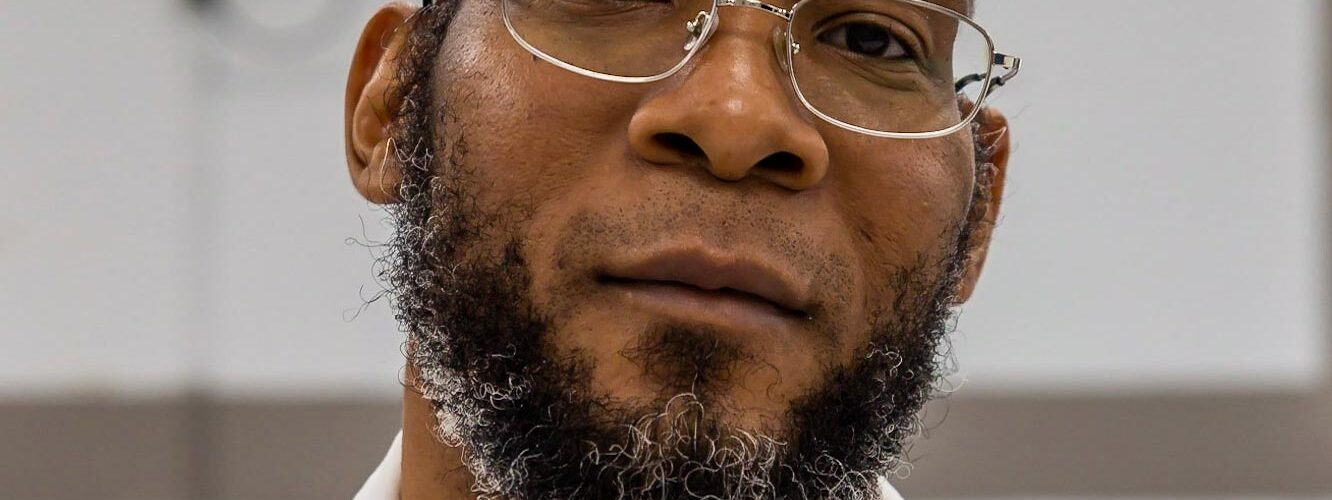Marcellus Williams was executed on Sept. 24, despite protests defending his innocence. (Courtesy/ Williams’ legal team)
On Sept. 24, the execution of Missouri resident Marcellus Williams sparked a heated discourse on the treatment of Black people by the criminal justice system.
According to AP News, in 2001, Williams was convicted for the murder of Lisha Gayle in 1998. After three attempts to grant a stay of execution—one in 2015, another in 2017, and a petition started in July, 2017, that garnered 629,258 signatures, Republican Missouri Gov. Mike Parson allowed the execution to continue.
“No juror nor judge has ever found Williams’ innocence claim to be credible,” Parson said in a press release.
Forensic evidence supported claims of Williams’ innocence in addition to the “unreliable” testimonies of two “incentivized witnesses” and racial bias, according to the Innocence Project, an organization dedicated to exonerating wrongfully convicted individuals.
One trial prosecutor, Keith Larner, exercised a strike against a Black juror because he “thought the prospective juror and Mr. Williams looked like they were brothers.”
The decision to associate the juror’s race with suitability in this trial—as opposed to the juror’s ability—makes this case one of racial bias and questions the trial’s integrity. Additionally, according to AP News, Gayle’s family supported setting aside the death penalty and saw his plea as a measure of finality.
Despite Gayle’s family’s opposition, Williams was sentenced to death, leaving behind a written statement released by the Department of Corrections which said, “All Praise Be to Allah In Every Situation!!!”
Steve Weinberg, author and professor at the Missouri School of Journalism, explained how racial bias and systematic persecution occur within the justice system.
In “The Literature of Wrongful Conviction,” he said police, prosecutors, judges and some politicians downplay the issue of wrongful persecution by claiming numerous criminal cases are correctly decided. He suggests that some have experienced wrongful convictions because of rushed judgment, derived from racism and little commitment to the truth.
“It is glaringly apparent how intrinsic failures in our justice system such as negligence, cost Mr. Williams and many others their lives,” said Howard University’s Chapter of the NAACP President, Naesoj Ware and 2nd Vice President Saiida Webb in a press release. “His unjust execution should serve as a catalyst, urging us to not only confront the systemic persecution of Black and brown people, but actively combat the troubling desensitization our community experiences in the face of such injustice.”
According to an article from Forbes, African Americans are jailed at close to five times the rate of white people; however, they are also five times as likely to be stopped by the police.
“While the arrest rate among white people is 332 drug arrests per 100,000 residents, it is 879 per 100,000 for Black people. This is despite the fact Black people do not sell or use drugs at a higher rate than whites or other races. Racial profiling and increased police attention likely account for this discrepancy,” Juris Doctor Christy Bieber, author of the Forbes article, wrote.
The data revealed a link between systemic racism and biases within policing and judiciary positions that can impact the arrest rates among Black Americans.
“Justice isn’t just about punishing someone, it’s about punishing the right person. It’s about ensuring that an innocent man doesn’t lose his freedom, his future and everything he’s built, based on accusations that don’t hold up under scrutiny. The evidence doesn’t add up… That’s not justice. That’s a tragedy,” said commenter Timileyin Shobanke on an Innocence Project post.
Organizations like the NAACP and the American Civil Liberties Union (ACLU) offer resources to learn about and combat anti-Black racism in the justice system. The ACLU has a portal open for people to message Attorney General Merrick Garland to fully ban discriminatory profiling and prevent wrongful surveillance, investigation and prosecution.










Recent Comments